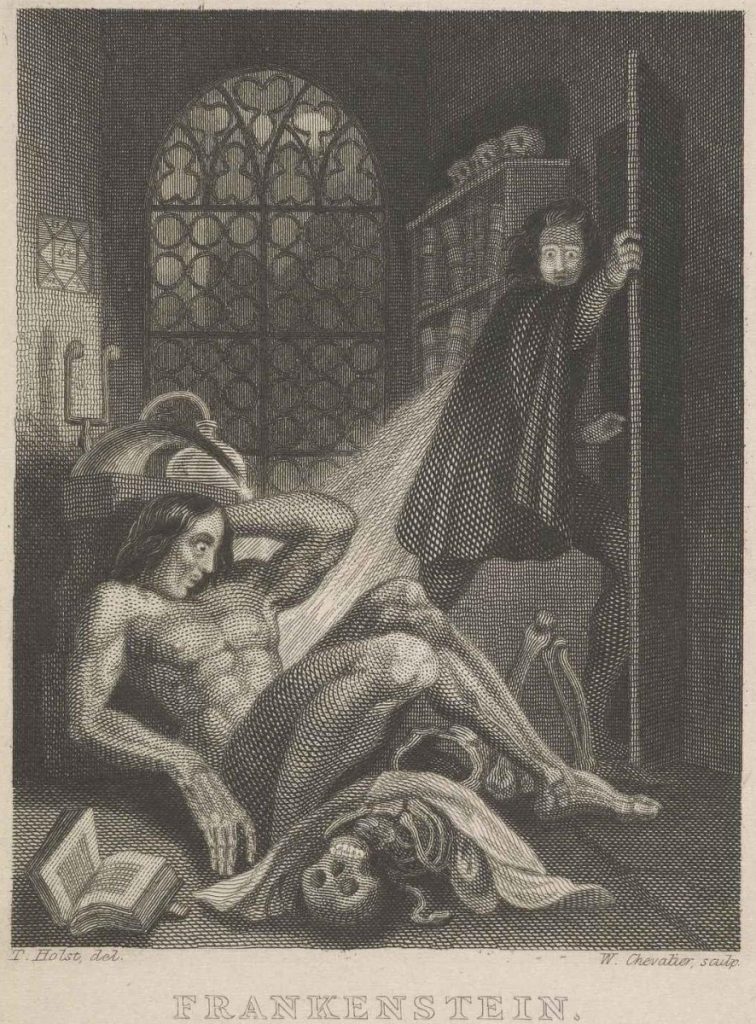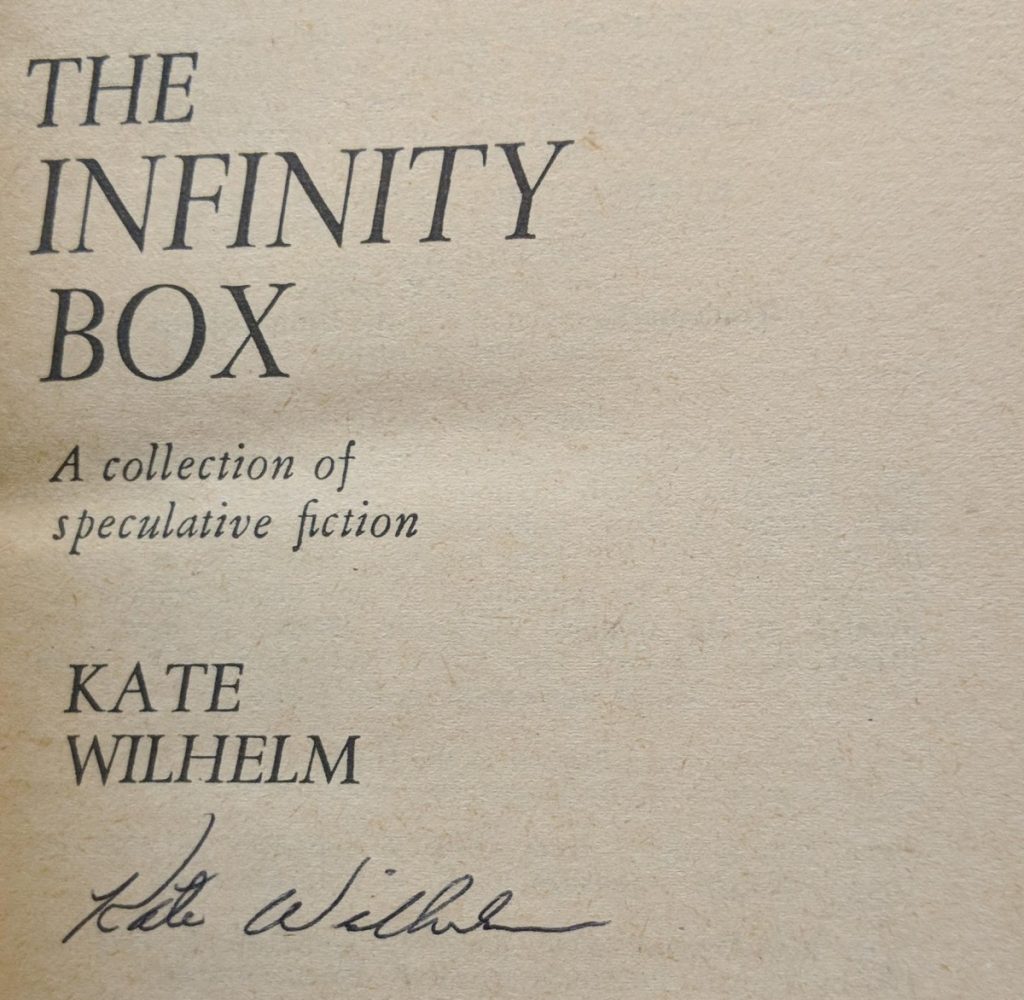I’m pleased to announce the call for papers for the Third Annual City Tech Symposium on Science Fiction!
Details about this year’s theme, the date of the symposium, and the deadline for paper proposals (Oct. 31, 2018) are all below.
200 Years of Interdisciplinarity Beginning with Mary Shelley’s Frankenstein: The Third Annual City Tech Symposium on Science Fiction
Date and Time: Tuesday, November 27, 2018. 9:00am-5:00pm
Location: New York City College of Technology, 300 Jay St., Namm N119, Brooklyn, NY
“So much has been done, exclaimed the soul of Frankenstein—more, far more, will I achieve; treading in the steps already marked, I will pioneer a new way, explore unknown powers, and unfold to the world the deepest mysteries of creation.”
–Mary Shelley, Frankenstein (1831 edition)
“Yeah, but your scientists were so preoccupied with whether or not they could that they didn’t stop to think if they should.”
–Ian Malcolm (Jeff Goldblum), Jurassic Park (1993)
Ian Malcolm’s admonition above is as much a rebuke to the lasting echo of Victor Frankenstein’s ambition to accomplish “more, far more” as it is to park owner John Hammond’s explaining, “Our scientists have done things no one could ever do before.” Films like Jurassic Park and the kind of literature that came to be known as Science Fiction (SF) owe a tremendous debt to Mary Shelley’s Frankenstein, or The Modern Prometheus (1818). In addition to being an (if not the) inaugural work of SF, Mary Shelley builds her cautionary tale around interdisciplinary approaches to science, and she takes this innovation further by applying the humanities to question the nature of being in the world, the effects of science on society, and the ethical responsibilities of scientists. These are only some of Frankenstein’s groundbreaking insights, which as Brian Aldiss and David Wingrove observe in Trillion Year Spree (1986), “is marvellously good and inexhaustible in its interest” (20). The many dimensions of interdisciplinarity in Frankenstein and the SF that followed are the focus of the Third Annual City Tech Science Fiction Symposium.
In this special anniversary year of Mary Shelley’s Frankenstein, join us for a one-day symposium discussing interdisciplinarity and SF. Continuing conversations began in the earlier symposia, we seek to investigate SF’s power as an extrapolating art form with interdisciplinarity at its core, including interdisciplinarity within STEM fields and the interdisciplinary synergy of STEM and the humanities.
We invite presentations of 15-20 minutes on SF and interdisciplinarity. Papers on or connected to Frankenstein are particularly encouraged. Possible presentation topics include, but are not limited to:
- Mary Shelley’s Frankenstein and interdisciplinarity (focusing on research questions or teaching approaches)
- Explorations of interdisciplinary ideas, approaches, and themes in SF (or what disciplinary boundaries does SF bridge)
- SF as an interdisciplinary teaching tool (or what SF have you used or want to use in your classes to achieve interdisciplinary outcomes)
- SF’s interdisciplinary imaginative functions (or Gedankenexperiment, considering ethical issues, unintended consequences, or unexpected breakthroughs)
- Studying SF through an interdisciplinary lens (or combining otherwise discipline-bound approaches to uncover new meanings)
- Bridging STEM and the humanities via SF (or SF as an interdisciplinary cultural work that embraces STEAM—Science, Technology, Engineering, the Arts, and Mathematics)
- SF and identity (or how interdisciplinarity in SF reveals, supports, or explores issues of identity, culture, sex, gender, and race)
- SF and place (or how SF’s settings are interdisciplinary, or where it is written fosters its interdisciplinarity)
- Interdisciplinarity and archival work in SF collections (or making the City Tech Science Fiction Collection work for faculty, students, and researchers across disciplines)
Please send your abstract (no more than 250 words), brief bio, and contact information to Jason Ellis (jellis@citytech.cuny.edu) by Oct. 31, 2018.
The program will be announced by Nov. 12, 2018 on the Science Fiction at City Tech website here: https://openlab.citytech.cuny.edu/sciencefictionatcitytech/.
Hosted by the School of Arts and Sciences at the New York City College of Technology, CUNY.
The Annual City Tech Symposium on Science Fiction is held in celebration of the City Tech Science Fiction Collection, an archival holding of over 600-linear feet of magazines, anthologies, novels, and scholarship. It is located in the Archives and Special Collections of the Ursula C. Schwerin Library (Library Building, L543C, New York City College of Technology, 300 Jay Street, Brooklyn, NY 11201). More information about the collection and how to access it is available here: https://openlab.citytech.cuny.edu/sciencefictionatcitytech/librarycollection/.





